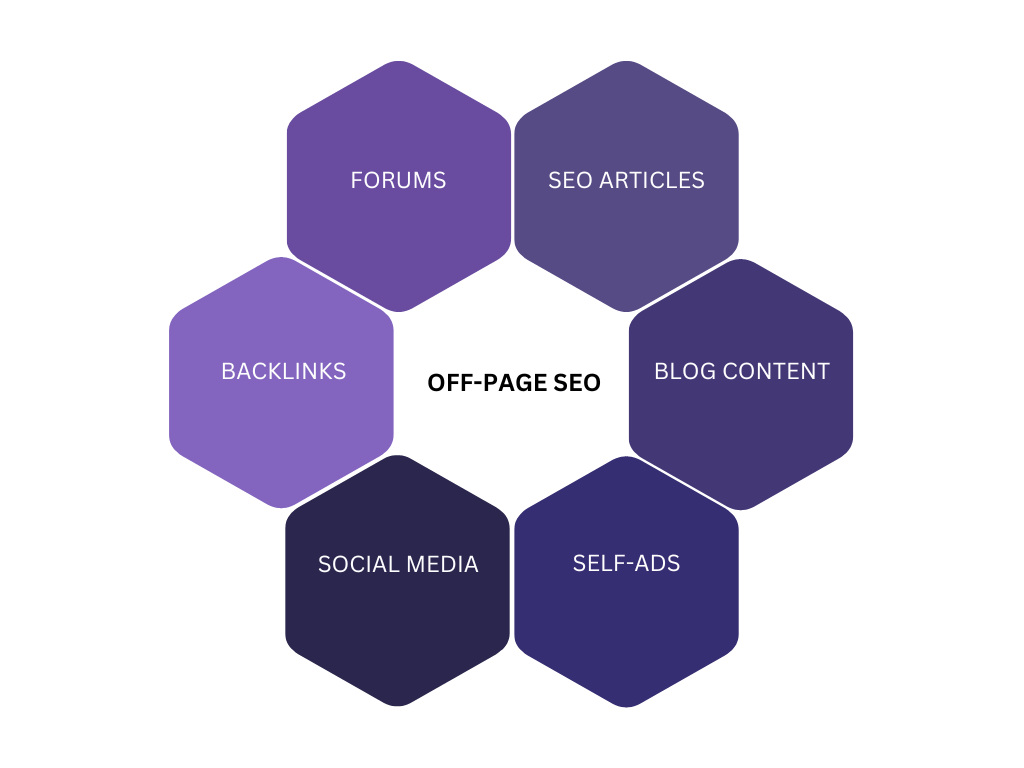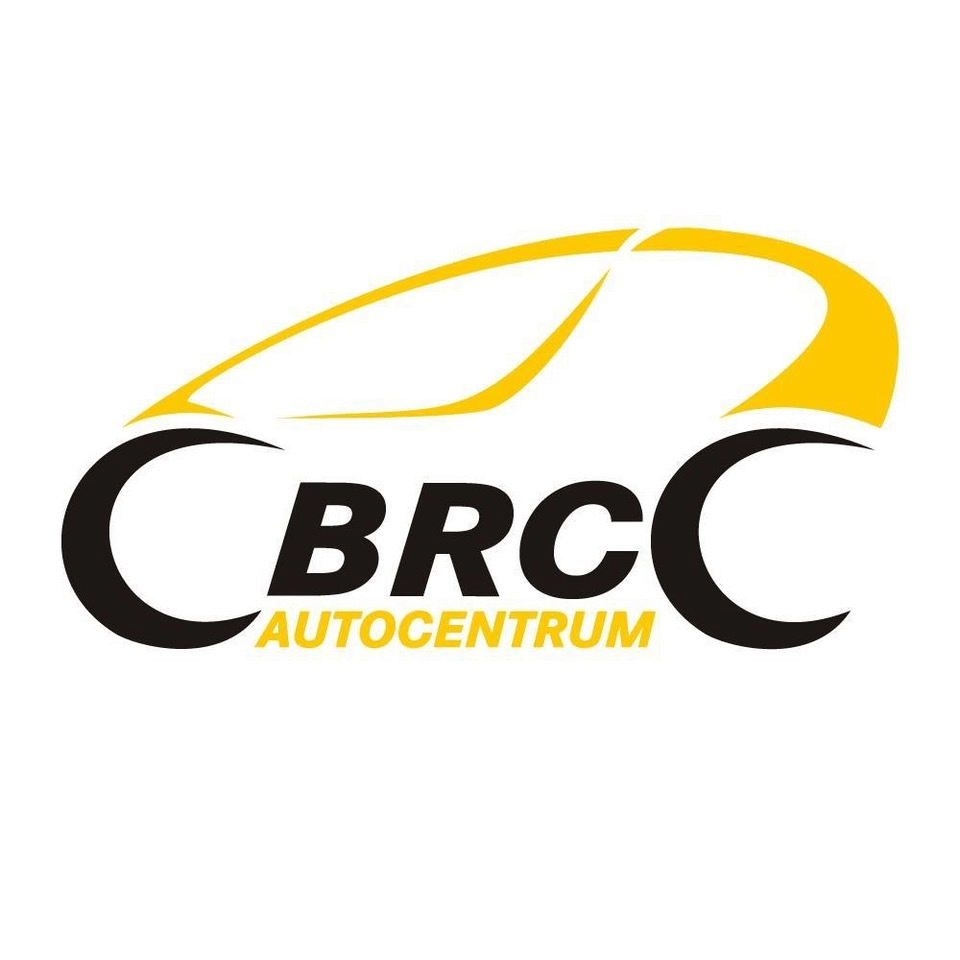Off-page SEO refers to actions carried out on the Internet, rather than on the website itself. The efforts are made to improve search engine results for relevant keywords, to obtain external links and promote the brand, as well as to increase the site's authority on the search engine.
Off-page SEO is both important and essential for building relationships with a wide range of other online sources. Differently from the on-page SEO, all the actions are carried out on the Internet rather than on the website itself, with the aim of increasing the keyword volume of that website and improving search engine rankings. The goal is to get links that link to your website, which in return promotes your brand and increases your visibility and awareness. The more widespread a brand is, the more often it is seen, which gives both consumers and search engines confidence. It is important to collect quality links, because every high authority link that links to your site is a signal to Google. Once Google has received such a mark, it treats it as a confirmation that the information published on the website is valuable, relevant and up-to-date, making your pages useful to customers and worth appearing in search results for relevant keywords.
Effective off-page SEO strategy is a complex part of the project and requires a lot of time, effort and energy. In the past, things were easier because Google treated every incoming link as a positive score regardless of its quality. Now, however, it is not so easy to get away with it, and Google no longer values quantity but rather quality. To gain favor from Google's algorithms, attention must be paid to the source of the external link, and only a backlink with a high-quality and authority will be beneficial. Therefore, it is not worth choosing a large number of links from weak sites with low authority, it is much better to choose fewer links but from highly authoritative sources. Attempting to collect build links from low-quality sites of questionable value may even be harmful.
The aim of working on external website optimization is to obtain quality links that lead to your website. Before selecting new backlinks, it is useful to carry out an analysis of existing links, broken links and evaluate them. You should look out for toxic references and remove them as soon as possible if they are found, thus counteracting the negative impact they may have on your website.
The importance of a positive reputation should also be borne in mind, so building a positive image, controlling negative reviews or brand mentions and finding solutions are all part of the off-page SEO techniques that help search engines to see SEO efforts and rank better in search engine results.

What makes up Off-Page SEO?
Every client and their website is unique, so it's impossible to tell what will work best for everyone. The selection of external URLs for a particular website is based on certain criteria, such as the specifics of the website itself and the current market in which the website competes. No one can say what is the exact and specific number of links that will universally fit all or specific markets, so to assess the current situation of external SEO, the specialist analyzes the website, its competitors and their external links. Then the situation can be realistically interpreted and predictions can be made as to what changes are needed and how many resources will be required to achieve the goals of rising in Google search for certain keywords.

An important point to note is that you should not be tempted by the abundance of cheap alternatives for obtaining backlinks, which are often obtained through spamming. Otherwise known as Black Hat SEO, by using link harvesting in prohibited ways, you not only run the risk of gaining toxic links, damaging your website's rankings, but you may even receive a penalty from Google. We therefore recommend that you take the process of optimizing your website seriously, act responsibly and with integrity. If possible, entrust this work to SEO specialists. If you do decide to do it yourself, do your homework and find out how to do it right so that it does more good than bad.
The key off-page SEO factors:
- Identifying and removing harmful and invalid backlinks.
- Increasing the number of backlinks leading to a web page.
- Creation and distribution of external content.
- And other actions that take place outside the website.

Initial backlinks analysis and disavow
External links are one of the most important and effective ways to achieve better SEO results and rank higher in search results pages like Google. From a visitor's point of view, an external link is any link that redirects the user to another website. These links are, however, extremely important for the website itself, as the more such links that are properly used, the more competitive and better the original website is considered to be and reflects its content more accurately.
As mentioned before, it is not only the quantity of external links that matters, but also their quality. You should carry out a periodic analysis to ensure that they are beneficial (as they can sometimes even be damaging). In some cases, a thorough analysis may also lead to the removal of links to ensure page success.
Expanding the backlink network through the proven SEONETA link database - Link building
External optimization will be important to secure a high position in the search engine and thus attract natural traffic. You can also reach your target audience by using a backlink that leads to your page or to a specific page. It is these external links that search engine robots use to evaluate and rank websites.
Of course, this is not the only ranking factor, but it is one of the most important and the more such links you receive, the better your page will be ranked. However, the quality aspect should not be overlooked either, as one link on a website with high authority ranking could be more useful than a thousand links on sites that are not ranked by Google's search robots. This is why it is important to be concerned not only with the development of links, but also with their quality. Our database of link building options is built with trusted partners, well known regional press, industry sites, themed sites and other biggest players on the web.
Expanding the backlink network through related websites
Backlinks can be placed virtually anywhere, but there are a few basic rules that make them more effective. Backlinks will be most effective when they appear on well-known websites that are ranked by web crawlers.
Such sites tend to have high quality content and a large and regular flow of visitors. In addition, it is useful to place links on websites with similar themes, as they are visited by an audience that is interested in the topic. In this way, the link will not only be relevant to search engines, but also to the audience itself. Therefore, hosting backlinks to content with similar topics will result in additional search traffic to the website.
Writing SEO articles
One of the practices to be more visible are well-written SEO articles. Content that is optimized for search engines allows you to perform well on Google. In addition, comprehensive and well-crafted SEO content lets search engine robots know that the website will be truly relevant to visitors interested in a particular topic. Or if SEO articles are externally published - they are directly judged by visitors and they will decide whether it is a good reference and worth visiting.
Writing effective articles is also about remembering a few basic rules. First of all, one should keep in mind not only the topic, but also the keywords related to it. It is true that there should not be too many of them in the text, and the text should be easy to understand for every visitor. In addition, headings (H1, H2, H3, etc.) can be very useful, as they also structure the content itself and keep the reader's attention. Other strategies are used to create a well-optimized content for external use, such as guest posting or guest blogging, etc.
F.A.Q
What is Off-page SEO?
What are backlinks?
Backlinks refer to links from other sources on the Internet that direct users to your website, which increase the visibility and authority of your website and can improve search engine results.




